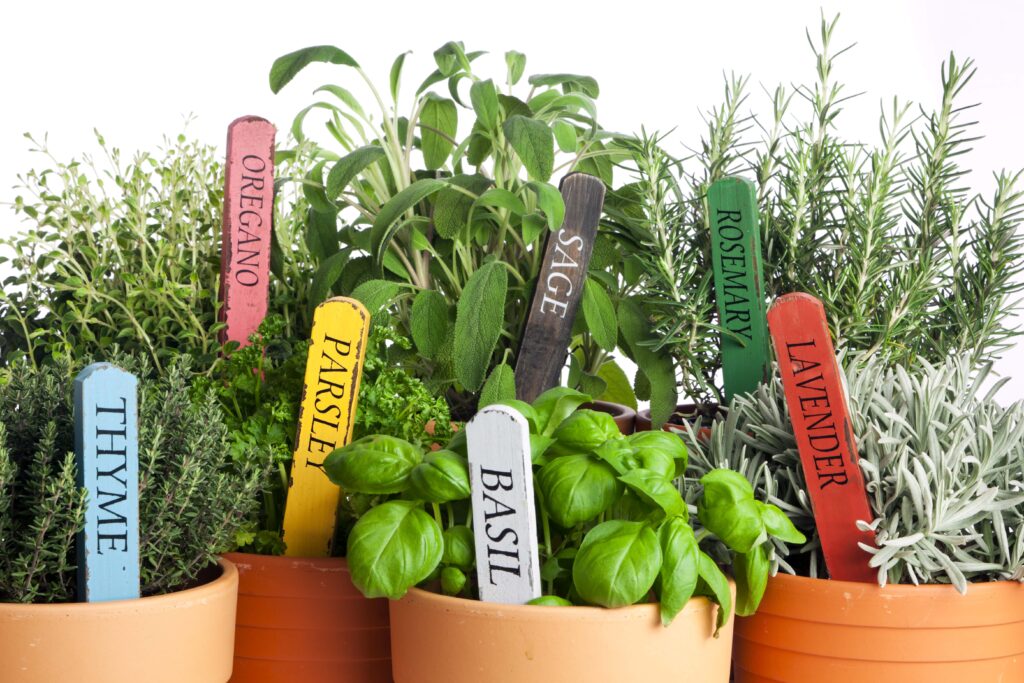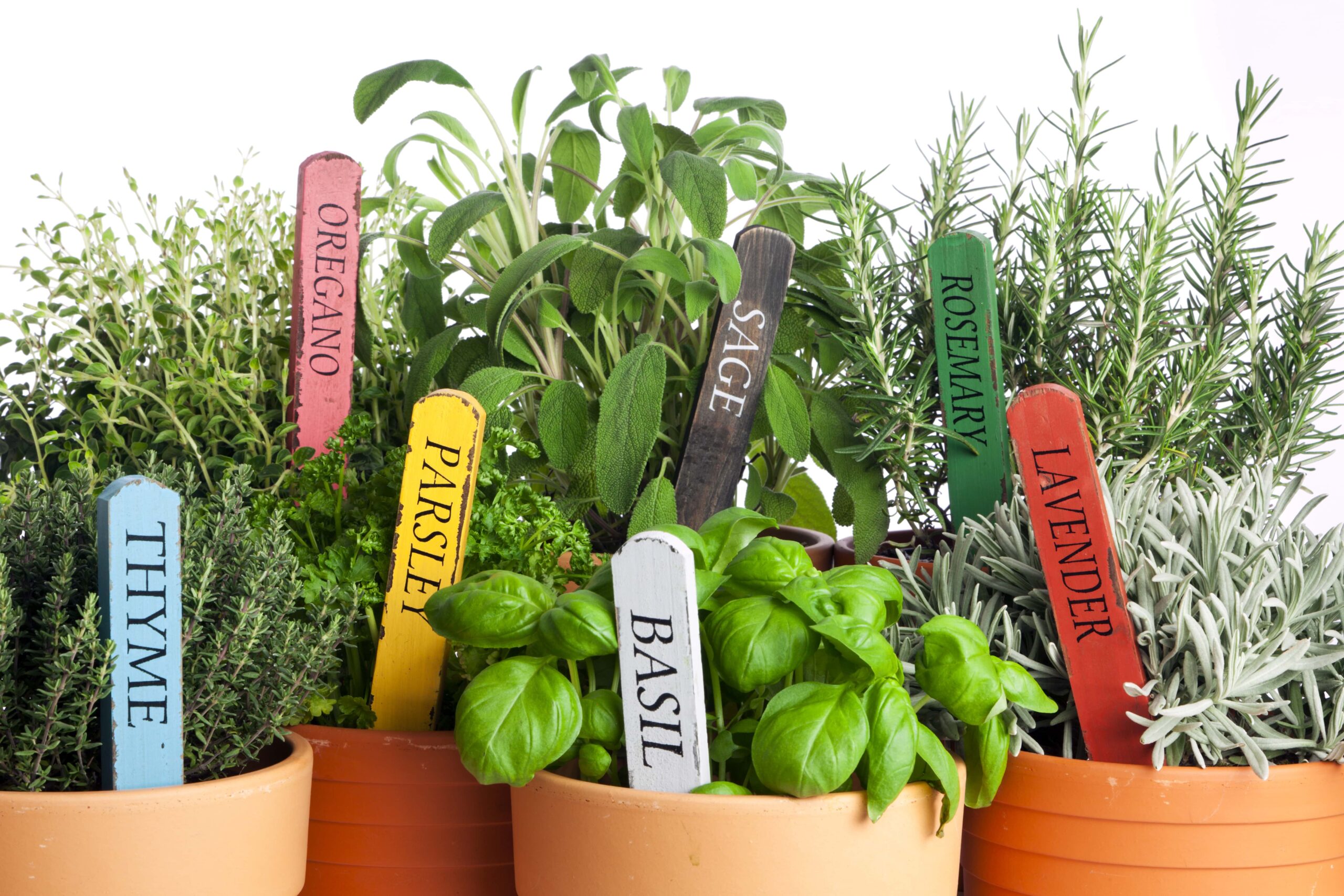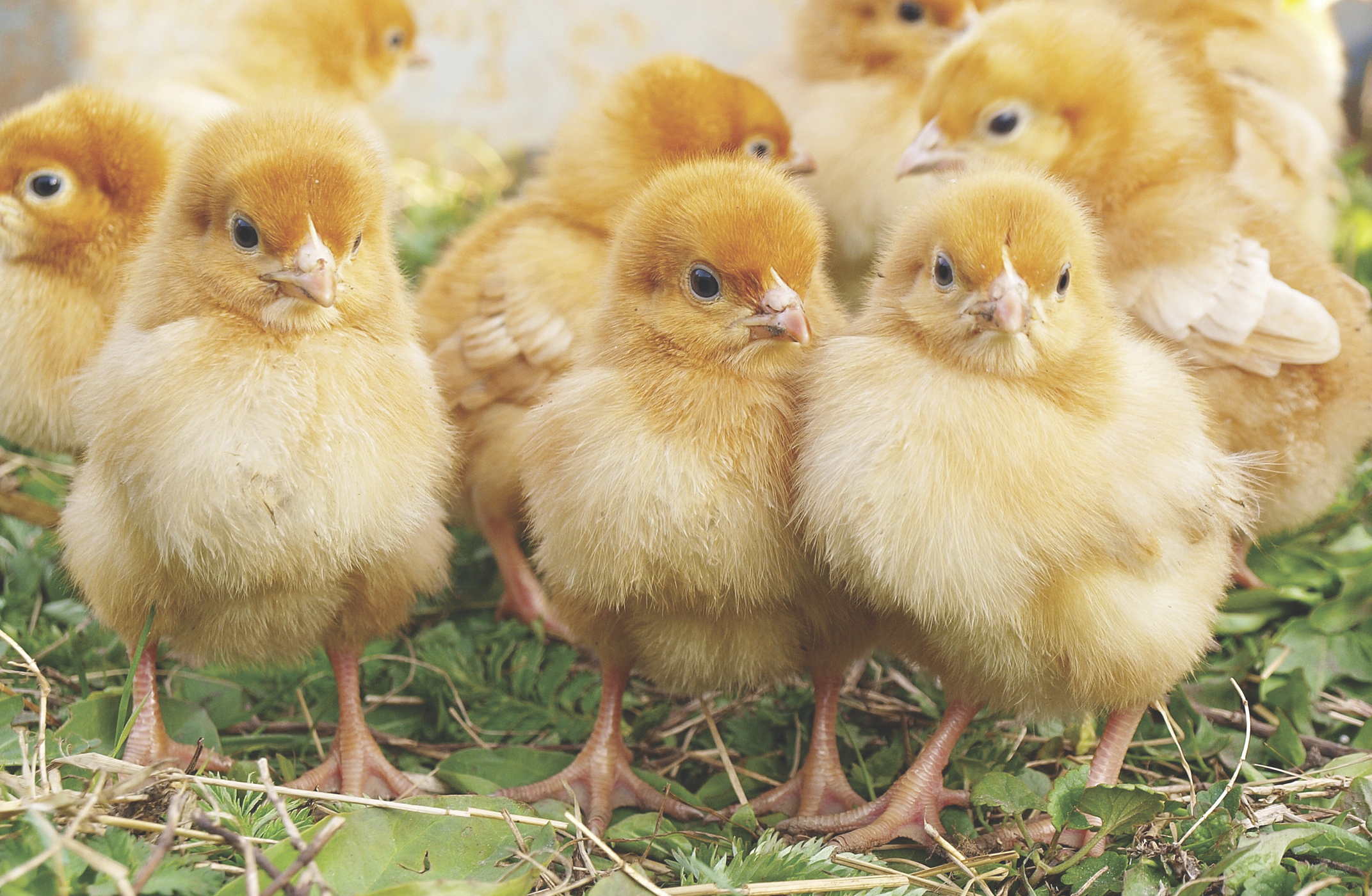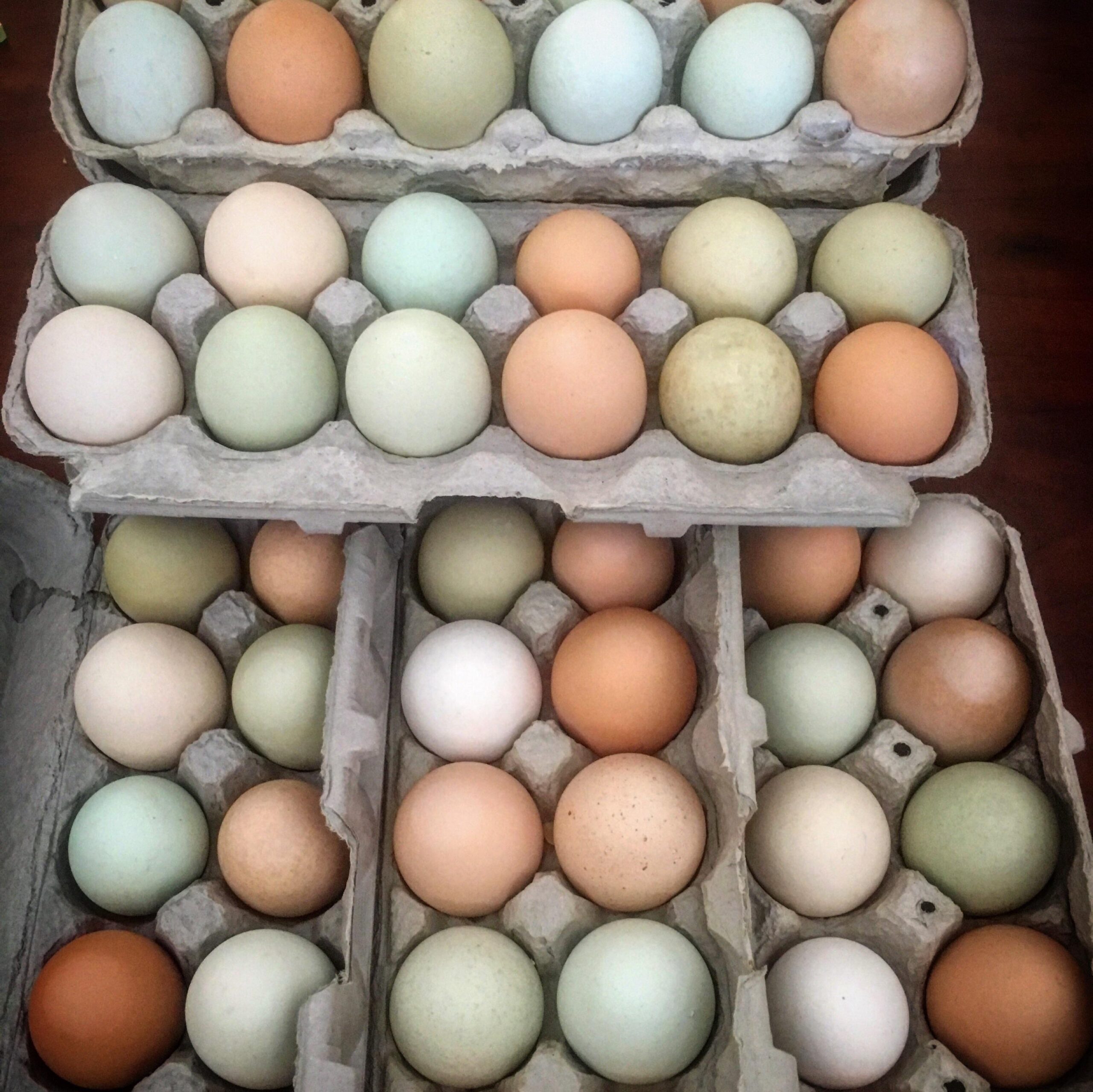
Homesteading. The word conjures up images of self-sufficient folks living off the grid in a rustic cabin. But homesteading doesn’t have to be an all-or-nothing leap. It’s a philosophy that embraces a more simple, sustainable way of life, and you can start small, right where you are.
Maybe you’re looking to grow some of your own food, raise a few chickens for fresh eggs, or simply reduce your dependence on store-bought goods. Whatever your motivation, there are many ways to begin your homesteading journey.
Here are some baby steps to get your feet wet:
1. Assess Your Resources:
- Space: Do you have a backyard? A balcony? Even a small space can be used to grow herbs or start seedlings.
- Skills: Be honest about your current skillset. But don’t be afraid to learn! There are countless resources available online and in libraries to teach you new skills like gardening, food preservation, or basic carpentry.
- Time: Homesteading takes time and dedication. Be realistic about how much time you can commit each day or week.
2. Start Small with Food Production:
- Grow Herbs: A small pot on a windowsill is all you need to grow fresh herbs for your cooking.
- Start a Container Garden: Tomatoes, peppers, and even leafy greens can thrive in containers on a patio or balcony.
- Try Indoor Seedlings: Get a head start on the growing season by starting seeds indoors under lights.
3. Embrace DIY:
- Learn basic repairs: Knowing how to fix a leaky faucet or mend a torn shirt can save you money and build self-reliance.
- Make your own cleaning supplies: Natural alternatives like vinegar and baking soda can be just as effective as store-bought cleaners.
- Mend your clothes: Give your favorite worn-out clothes a new lease on life with a little sewing know-how.
4. Reduce, Reuse, Recycle:
- Shop at farmers markets: Get to know local producers and enjoy the freshest seasonal produce.
- Compost food scraps: Turn kitchen waste into nutrient-rich compost for your garden.
- Find uses for “waste” products: Glass jars, cardboard boxes, and even fabric scraps can all be repurposed for creative uses.
5. Connect with your Community:
- Find a local homesteading group: Learn from experienced homesteaders and share your own experiences.
- Barter with neighbors: Trade your homegrown vegetables for someone else’s homemade jams or baked goods.
- Volunteer at a community garden: Get hands-on experience and learn from others.
Remember, homesteading is a journey, not a destination. Start small, celebrate your successes, and don’t be discouraged by setbacks. There’s a wealth of information and support available to help you on your way to a more self-sufficient and rewarding way of life.








